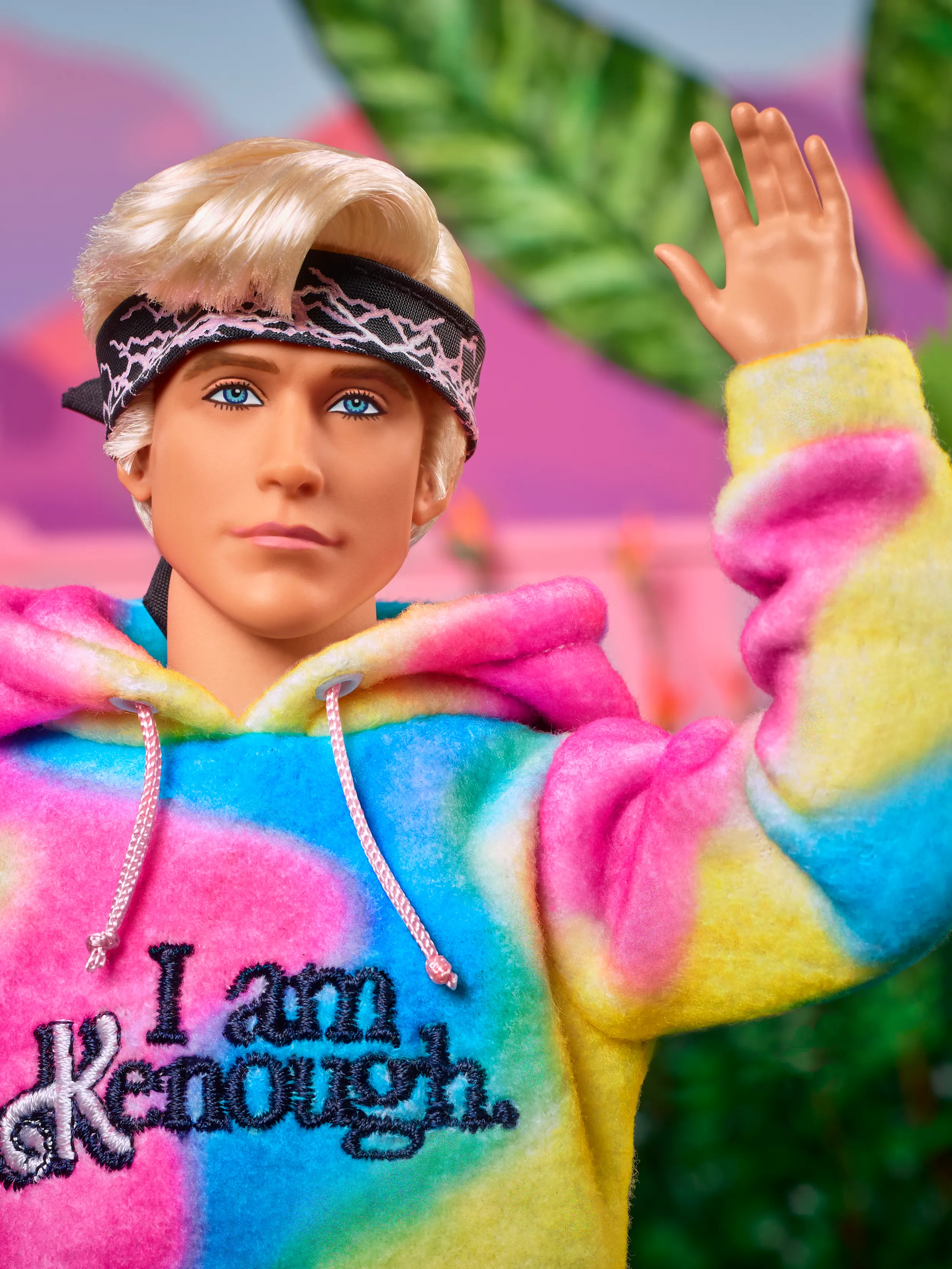

The movie Barbie has often been praised for the feminist message it conveys to such a broad audience. The movie has not only been criticised for “faux-feminism”, serving merely as a promotion for a doll with social issues (La Porte & Cavusoglu, 2023). La Porte & Cavusoglu (2023) argue that with the movie Mattel simply hoped consumers would overlook concerns about economic motives and historically sexist elements by adopting a self-deprecating approach (La Porte & Cavusoglu, 2023). It is also criticised for Ken’s central role in the movie. Indeed, as Heritage (2023) states “Margot Robbie is not the star of Barbie. Yes, she plays the lead. Yes, she produced it. Yes, she gets to spend a lot of time running around in nice dresses. But the star? Heavens, no. If you’ve seen Barbie, then you’ll be fully aware that the star of the film is actually Ryan Gosling.” Arguably, the actual plot of the movie only happens when Ken recognises that his true happiness can only be achieved once he discovers his identity independently of Barbie (Heritage, 2023). Indeed, Ken’s song “I’m Just Ken” and “KEN-ough” moment is what we remember of the movie.
Therefore, his central role in the movie and a number of scenes with Ken asserts that the movie portrays patriarchal culture (Myisha et al., 2023). Patriarchy represents a societal system wherein men exert the primary authority, dominance, and power. Therefore, norms and structures favour the perspectives of men, which perpetuates traditional gender roles that position men as leaders and women as subordinate. According to Myisha et al. (2023) these patriarchal traits are visible in the movie scene's literal and symbolic messages. As such, they believe that despite the fact that the movies is promoted as a feminist movie, it embodies patriarchal values (Myisha et al., 2023).